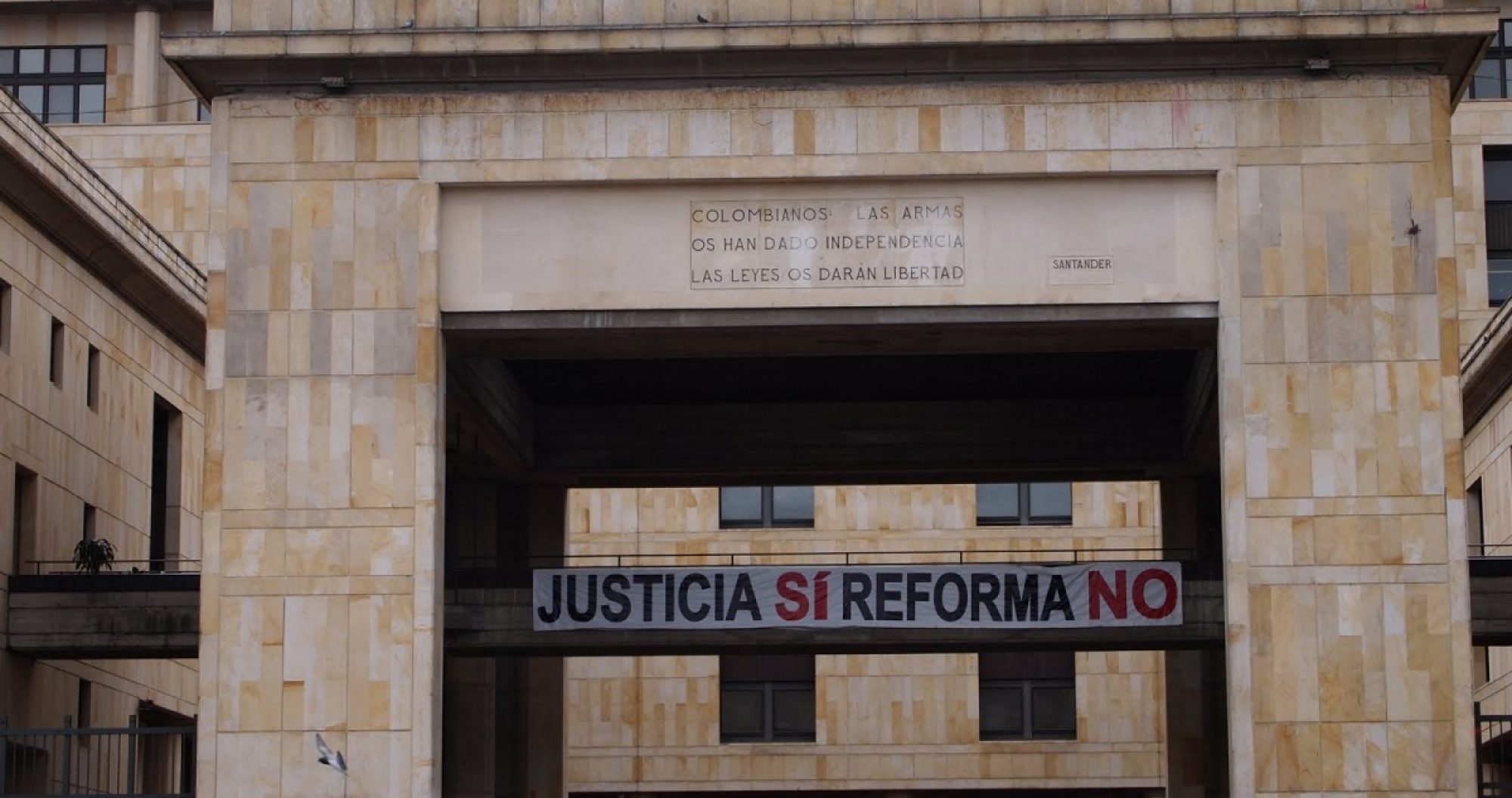Recent Courses
I teach courses on comparative politics, with a particular focus on the politics surrounding the legal system in both democratic and autocratic states. I also teach courses on formal theory and research design for descriptive and causal inference. The following is a list of syllabi for recent courses I have taught. I am extremely excited about a new course I am teaching on the law and politics of immigration in the United States, so I will start there. The remainder of the recent course list is divided across the graduate and undergraduate programs at Emory.
Immigration Law and Politics
The course combines doctrinal analysis of foundational cases on the federal government’s immigration powers with historical and political analysis of the way that policy is made, the way that it is enforced by federal agencies and ultimately interpreted by both immigration courts and the federal judiciary of the United States. We also place the U.S. case in comparative context by considering the ways in which other states have managed common challenges associated with human migration across borders.
Graduate Syllabi
Research Design
This course provides an introduction to conducting research in the field of political science. Topics include the selection and development of research questions, conceptualization, measurement, theoretical modeling, ethical concerns in human subjects research, and the problem of causal inference. We are introduced to common methods for inferring causation in experimental and observational data. Students have the opportunity to evaluate and design their own research. Special attention is given to the process of writing a paper which describes the results of a study.
Comparative Law and Politics
The goal of this course is to expose students to the literature on comparative law and politics. The first third of the class focuses on the nature and ends of law, the world’s legal traditions, and the judicialization of politics. The second third of the class considers the roles courts are believed to play in democracy and dictatorship. The last third considers the possibility for powerful courts and the conditions under which they are constructed and maintained. The course is not designed to be a comprehensive review of the literature. For example, key material in law and development, the globalization of law and law and psychology are regrettably missing.
The primary question around which the course revolves is this. Should political scientists care about the literature on law and courts? To provide context within which we can answer that question, the course begins by considering important lines of inquiry in political science. How is political order constructed and maintained? Under what conditions is limited governance possible? Under what conditions can elections produce democratic outcomes? By the end of the semester, our goal will be to identify the ways in which our answers to these questions ought to include a judicial component, if there are any. I mean this seriously. As much as the problems we will consider interest me personally, as much as they interest those who work on problems of law and politics, they need not warrant general interest in the discipline. Let’s put it this way. Do courts affect political processes? Of course they do. But the answer is true and trivial. The key question is familiar if we consider our interest in gaining understanding of the political world through modeling politics. Will we come too badly unstuck if we pursue answers to general political questions assuming that courts are irrelevant? That is the question we need to answer.
Introduction to Game Theory
This course is an introduction to the theory of games with applications to political science. Students learn learn the building blocks of non-cooperative game theory.
Undergraduate Syllabi
Research Design for Descriptive and Causal Inference
This course provides an introduction to the theory and method of contemporary political analysis. The course covers how to formulate research questions, theoretical models and empirical hypotheses; how to design a research plan; and how to communicate the results of a study. The course introduces common research strategies for descriptive and causal inference, which students will use to conduct original research in a group setting. POLS 208 is mandatory for majors in Political Science or International Studies at Emory University. The department strongly encourages all students to take this course during their first two years to prepare themselves for upper-level coursework.
Comparative Political Institutions (summer course)
This course offers an introduction to the comparative study of political institutions. The course is framed around two general questions in this field: (1) under what conditions can elections be used to promote core democratic goals, and (2) under what conditions can democratic states be sufficiently empowered to solve the collective concerns of its citizens yet sufficiently constrained so that their leaders respect limits on their power. We address these questions through a study of European politics, focusing on the United Kingdom, Spain and Germany. In these contexts, we will study elections, parties and party system change, decentralization and constitutional review. We devote special attention to independence movements in the United Kingdom and Spain as well as to recent developments in Poland and Hungary, which raise questions about Europe’s ability to address democratic backsliding within the European Union.
Comparative Law and Politics in Latin America
The goals of this course is to introduce students to key concerns in the study of constitutionalism and to connect those concerns to broader questions of democratic quality and stability. The course introduces students to the goals of constitutionalism and the challenges presented to those goals by the political nature of institutional design, constitutional interpretation, and policy implementation. We consider the role that constitutional courts and supreme courts play in shaping the meaning of the constitution, and we ask how underlying political processes in states influence constitutional interpretation and by implication constitutionalism itself. The course blends historical and legal theoretical accounts with positive political theory and modern empirical techniques.
